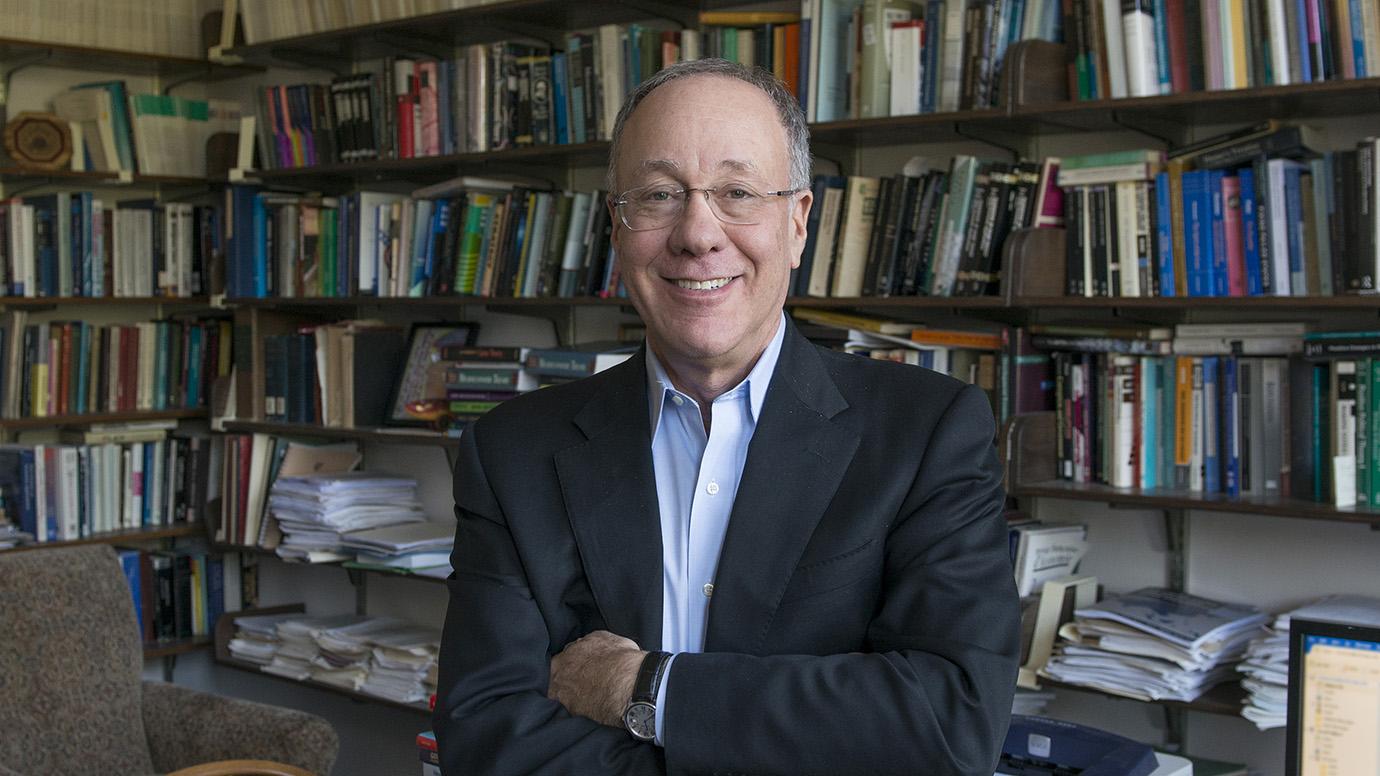Robert Mundell, a Canadian economist born on October 24, 1932, in Kingston, Ontario, made significant contributions to the field of economics during his lifetime. Mundell’s groundbreaking work on monetary dynamics and optimum currency areas earned him the Nobel Prize in Economics in 1999 and cemented his place as one of the most influential economists of the 20th century.
Mundell passed away on April 4, 2021, near Siena, Italy. Leaving behind a legacy of pioneering research and innovative ideas that continue to shape the global economic landscape. If you interested to learn more about him, check out this informative article on Zatrun.com.
Who is Robert Mundell?
Robert Mundell was born on October 24, 1932, in Kingston, Ontario, Canada. He spent his early years on an Ontario farm before his family moved to British Columbia when his father retired after World War 2. During his time in British Columbia, Mundell participated in boxing and chess events while completing his high school education.

Mundell earned his Bachelor of Arts degree in economics and Russian from the Vancouver School of Economics at the University of British Columbia. He then received a scholarship to the University of Washington in Seattle where he continued his studies. He completed his PhD from the Massachusetts Institute of Technology (MIT) while also studying at the London School of Economics.
In 2006, Mundell was awarded an honorary Doctor of Laws degree from the University of Waterloo. He served as Professor of Economics and Editor of the Journal of Political Economy at the University of Chicago from 1965 to 1972. Also, he was Chairman of the Department of Economics at the University of Waterloo from 1972 to 1974 and had been Professor of Economics at Columbia University since 1974. Additionally, Mundell held the post of Repap Professor of Economics at McGill University.
Mundell’s Works
In the 1960s, while employed in the research division of the International Monetary Fund, Robert Mundell initiated his macroeconomic analysis of exchange rates and their impact on monetary policies. His pioneering theory, proposed in 1961, argued that a single currency would be feasible in an optimum currency area, where labour and trade were unrestricted.

As the first economist to examine the impact of floating exchange rates, Mundell included foreign trade and capital movements in earlier closed economy models to demonstrate that the extent of international capital mobility determined stabilization policies.
Mundell concluded that a nation’s exchange rate was established in capital markets based on the willingness and desire of individuals to hold that country’s currency, which was in turn influenced by their perception of national economy, inflation, and monetary policies. His innovative theories played a critical role in the formation of the euro, which was adopted by 11 out of the 15 members of the European Union on January 1, 1999.
Father of the Euro
Robert Mundell, who is widely regarded as the “father of the euro,” played a pivotal role in advocating for a European monetary union starting from the 1960s. He championed the creation of the euro as a means of promoting economic integration across the continent.

In a 2012 article titled “Robert Mundell, evil genius of the euro,” Greg Palast argues that Mundell supported the euro because it would effectively strip democratic control over monetary policy, leaving eurozone governments without the ability to stimulate the economy by creating money in times of crisis.
Despite his role in shaping the euro, Mundell was opposed to proposals for a fiscal union between European states in 2014. He stated that it would be “insane” to have a central European authority controlling all taxes and duties of member states, adding that such a transfer of sovereignty was far too significant. He also opposed the idea of countries being held responsible for each other’s debts.












